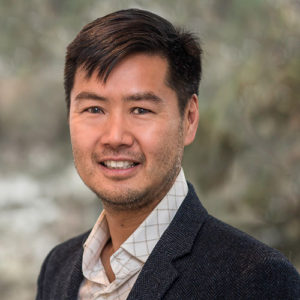Longevity is the big buzzword these days. There is no end to humanity’s search for the magic elixir of prolonged life or even immortality. With the continuing discoveries and exponential growth of life science technologies and fuelled by increasing computing power, we are hurtling headlong into the unknown of cracking the code of aging and death. This is certainly not a bad thing but we do need to take pause and to ask the question of what is the point of life extension if we are not living well, at our highest level of vitality!
What is health span? Its difficult to define as everyone’s definition of health is not necessarily the same. We can safely say that it is the period of one’s life that is free from any serious disease or debilitating illness that impacts our daily living. Its important to note that although we have made significant gains in life expectancy over the past century, we have not been that successful in delaying the onset of most of the common diseases of aging. This means that although we are living longer, we living longer with disease. In order for us to be truly compressing morbidity or increasing our relative amount of health span we are going to have to “delay” the physiologic aspects of aging. This is going to require both major scientific breakthroughs but more importantly, implementing what we already know is true – which is that improving lifestyles, behaviours, communities and socioeconomic determinants of health can significantly increase both lifespan and healthspan. Its easy to lose sight of the fundamentals in favour of new technology which we hope will save us. This is shortsighted. People are not living to their highest health or life potential not because they are lacking a pharmaceutical wonder drug (or natural supplement for that matter) that slows down or turns off the aging process but because we haven’t optimized environmental conditions (internal and external) which allows optimal health to be the emergent property.
There are many determinants for what one would call health span. In order to live well at our highest vitality, free of disease ideally, we need a body, a mind, that has the functional capacity to do what we want it do – free of pain, but also a good level of stress resilience (to deal with what life has in store for us), sense of purpose and meaning, love and connection. It is very difficult to live with a good quality of life without optimizing all those factors. This is the foundation.
To increase our health span relative to our lifespan we then need to delay the onset of the diseases of aging. We are understanding much more about the molecular basis of lifespan and there is growing evidence that dietary nutrients (kind, quality and amount), caloric restriction/intermittent fasting, exercise and pharmacologic interventions (metformin, rapamycin) seem to be able to modulate key pathways involved in nutrient sensing (AMPK, mTOR), autophagy (cellular renewal), inflammation and senescence (cell death). Much of this science is very promising but still very new. Only time will tell.
I would say ultimately though, it is not about a longer lifespan or even health span that really matter but about living well in full vitality with a sense of purpose, love and connection. This is what we call Whole human health. Health ultimately is about wholeness at the deepest level – not just a perfectly functioning body and mind. This wholeness emerges from integration. We have to integrate all these levels – from cellular biochemistry to the biologic networks of organ systems, to the way we perceive and process information, to the way we respond to our environment (consciously and unconsciously), to our relationship to ourselves, to the connection with others and to nature. It all starts with awareness.
Share this Post

